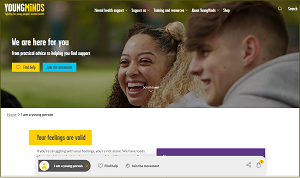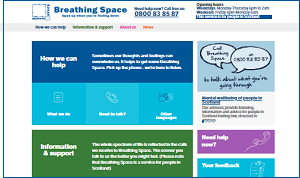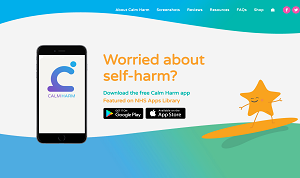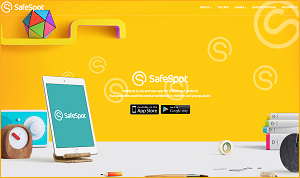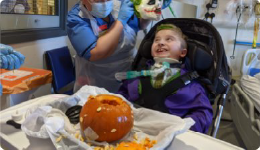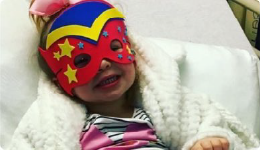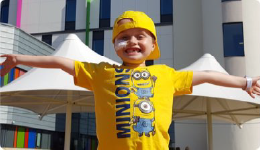There are sometimes signs that a young person is self harming, but often this behaviour is concealed from others and not disclosed, so can be difficult to recognise. The signs below could indicate self-harm, but are also signs of general distress for a young person.
- Withdrawal from everyday life.
- Signs of depression such as low mood, lacking in motivation
- Changes in mood, such as increased anxiety
- Expression of suicidal thoughts, or talk about self-harm
- Expression of feelings of hopelessness
- Changes in eating/sleeping habits.
- Risk taking behaviour (substance misuse, unprotected sexual acts, promiscuity), deliberately neglecting or not managing health condition (e.g. skipping insulin injections, taking too much medication).
- Unexplained cuts, bruises or marks.
- Covering up all the time, even in warm weather.
- Lacking energy.




